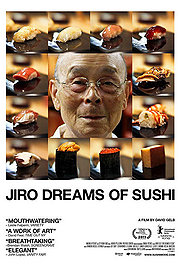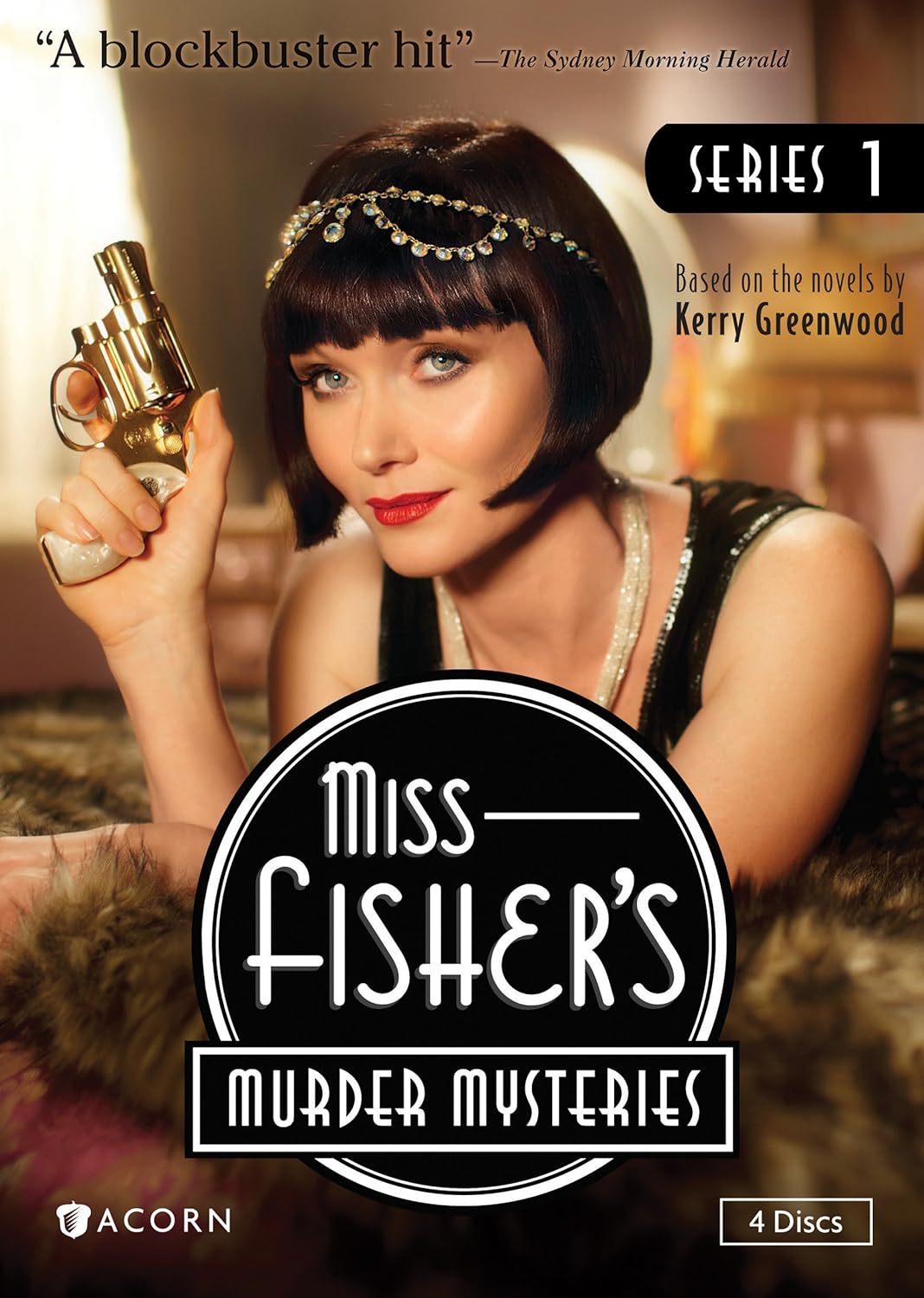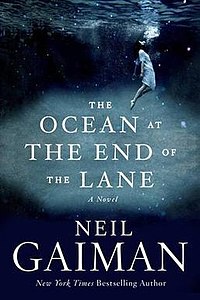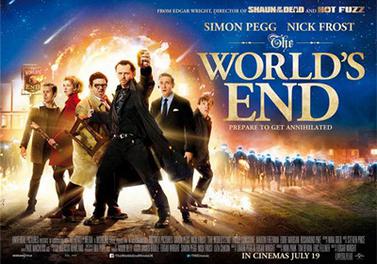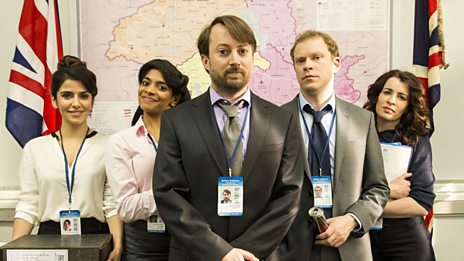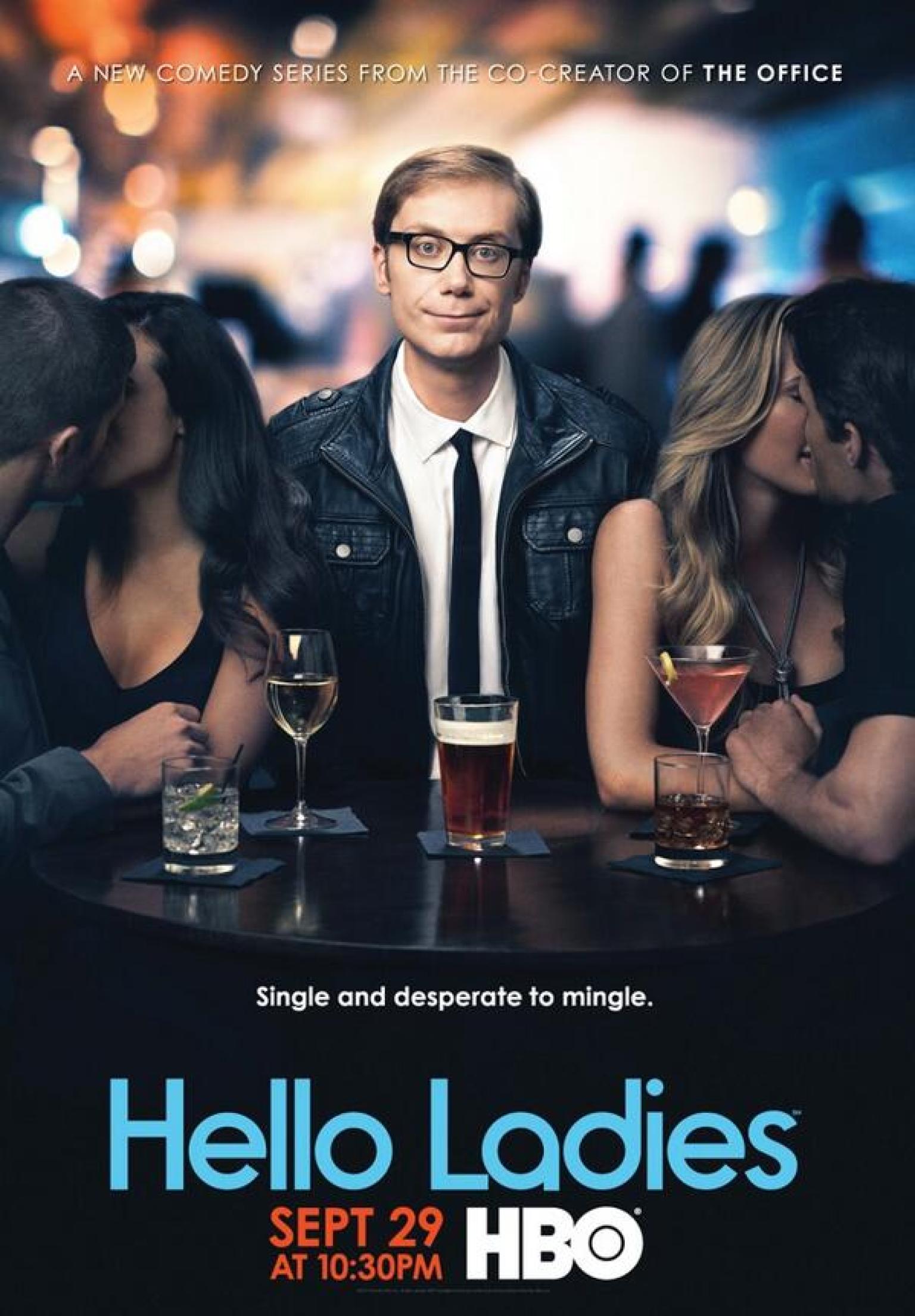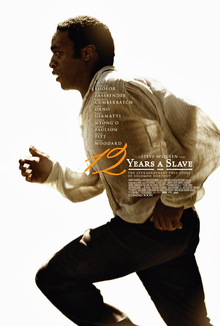Many people have been disputing the veracity of the events depicted in Saving Mr. Banks. It's certainly an extremely "Disneyfied" tale, intended to celebrate Mary Poppins on the heels of its upcoming 50th anniversary. However, with a tremendous cast led by terrific Emma Thompson and Tom Hanks, I'm willing to take fiction over truth.
The movie tells the story of two weeks in 1961 when P.L. Travers (Emma Thompson), the author of Mary Poppins, arrived in California to oversee the script for the movie. Walt Disney (Tom Hanks) had pestered her for the rights for twenty years, because his daughters loved the books and he saw their enormous potential as a movie. However, Mrs. Travers (as she liked to be called), hated everything about Disney and was terrified he was going to turn her beloved Mary Poppins into an animated, treacly farce. The movie opens with her agent urging her to visit California, and due to her dire financial straits, she agrees to head to Los Angeles and see what Disney has come up with.
Upon her arrival, Travers proceeds to make herself disagreeable to everyone, from the driver to the director to Disney himself. She disapproves of every creative decision and is particularly horrified when the Sherman brothers (played wonderfully by Jason Schwartzman and B.J. Novak) appear and start singing songs with made-up words. However, underneath that unpleasant facade lies a troubled woman who suffered from a difficult childhood, a backstory that is gradually revealed through flashbacks to Travers' childhood in Australia. Her father (played with oodles of charm by Colin Farrell) loves her dearly and encourages her to dream big and indulge in her imagination. She regards him through entirely rose-colored glasses, failing to notice that their money troubles and eventual move to the far reaches of Australia are necessitated by his rampant alcoholism. As the movie moves back and forth from 1906 to 1961, we see how every piece of the Mary Poppins script reflects something from Travers' childhood. Mary Poppins was her ode to her father, the real-life "Mr. Banks," who she loved till the bitter end.
This is largely Emma Thompson's movie - she brings out every shade in P.L. Travers' character and takes her from an unlikable battleaxe to a sympathetic woman who is still battling her childhood demons. Tom Hanks is charismatic as Walt Disney and his scenes with Thompson bring out the best in both actors as their characters antagonize one another and ultimately find a point of commonality. The supporting cast is filled with terrific actors like Bradley Whitford, Paul Giamatti, and Ruth Wilson, who bring depth and richness to every scene. And the script by Kelly Marcel and Sue Smith easily walks the line between musical comedy and family drama, telling an emotional and ultimately uplifting tale.
This movie also looks glorious. John Schwartzman's cinematography is impeccable and the entire film is suffused with light and color that make it look like a Disney classic. And along with the toe-tapping renditions of the classic songs by the Sherman brothers, the background score is composed by Thomas Newman, whose twinkly soundtrack will make you laugh or cry as the occasion demands. Director John Lee Hancock has wrangled together an A-team for this film, and the product is polished and surprisingly affecting. It is clear that things have been heavily dramatized and the plot points are all very neat, but as long as you're not expecting a historical biopic, Saving Mr. Banks is a wonderful movie that is well worth watching.
The movie tells the story of two weeks in 1961 when P.L. Travers (Emma Thompson), the author of Mary Poppins, arrived in California to oversee the script for the movie. Walt Disney (Tom Hanks) had pestered her for the rights for twenty years, because his daughters loved the books and he saw their enormous potential as a movie. However, Mrs. Travers (as she liked to be called), hated everything about Disney and was terrified he was going to turn her beloved Mary Poppins into an animated, treacly farce. The movie opens with her agent urging her to visit California, and due to her dire financial straits, she agrees to head to Los Angeles and see what Disney has come up with.
Upon her arrival, Travers proceeds to make herself disagreeable to everyone, from the driver to the director to Disney himself. She disapproves of every creative decision and is particularly horrified when the Sherman brothers (played wonderfully by Jason Schwartzman and B.J. Novak) appear and start singing songs with made-up words. However, underneath that unpleasant facade lies a troubled woman who suffered from a difficult childhood, a backstory that is gradually revealed through flashbacks to Travers' childhood in Australia. Her father (played with oodles of charm by Colin Farrell) loves her dearly and encourages her to dream big and indulge in her imagination. She regards him through entirely rose-colored glasses, failing to notice that their money troubles and eventual move to the far reaches of Australia are necessitated by his rampant alcoholism. As the movie moves back and forth from 1906 to 1961, we see how every piece of the Mary Poppins script reflects something from Travers' childhood. Mary Poppins was her ode to her father, the real-life "Mr. Banks," who she loved till the bitter end.
This is largely Emma Thompson's movie - she brings out every shade in P.L. Travers' character and takes her from an unlikable battleaxe to a sympathetic woman who is still battling her childhood demons. Tom Hanks is charismatic as Walt Disney and his scenes with Thompson bring out the best in both actors as their characters antagonize one another and ultimately find a point of commonality. The supporting cast is filled with terrific actors like Bradley Whitford, Paul Giamatti, and Ruth Wilson, who bring depth and richness to every scene. And the script by Kelly Marcel and Sue Smith easily walks the line between musical comedy and family drama, telling an emotional and ultimately uplifting tale.
This movie also looks glorious. John Schwartzman's cinematography is impeccable and the entire film is suffused with light and color that make it look like a Disney classic. And along with the toe-tapping renditions of the classic songs by the Sherman brothers, the background score is composed by Thomas Newman, whose twinkly soundtrack will make you laugh or cry as the occasion demands. Director John Lee Hancock has wrangled together an A-team for this film, and the product is polished and surprisingly affecting. It is clear that things have been heavily dramatized and the plot points are all very neat, but as long as you're not expecting a historical biopic, Saving Mr. Banks is a wonderful movie that is well worth watching.


